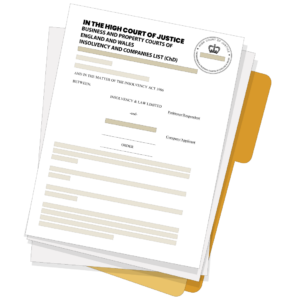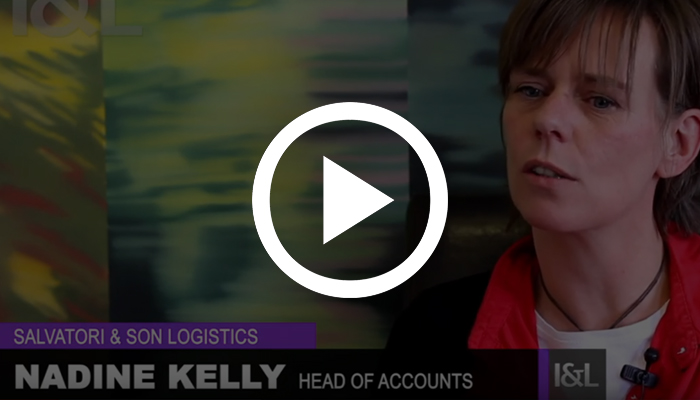Evaluate your insolvent liquidation options...

Both Compulsory Liquidation and creditors' voluntary liquidation (CVL) require a licensed insolvency practitioner (IP) although the official receiver may liquidate the company in a compulsory liquidation.
IPs tend to operate differently depending on whether they are acting as liquidator in a CVL or compulsory liquidation.
In Compulsory Liquidation, the official receiver (a court official employed by the government's Insolvency Service) nominates an IP to conduct investigations, and realise the liquidated company's assets.
IPs in Compulsory Liquidations act on behalf of the court, have far-reaching statutory powers, and will:
- Conduct meticulous investigations
- Prioritise the rights of creditors (the businesses you owe) over your interests
- Seek to take legal action against you at the earliest opportunity
To investigate the company's affairs, an IP/liquidator has the obligation to examine and report on the directors' conduct to the Insolvency Service (listen to the audio clip above for more info). The Insolvency Service is responsible for investigating the conduct of directors following receipt of the IP's report, and the findings of their own investigations.
Additionally, they can investigate all serving, previous, shadow, and de facto directors who were involved with the company within the three years leading up to its failure. Moreover, an examiner (acting on behalf of the official receiver) will summon and subject you to a rigorous interview.
Disadvantages of compulsory liquidation
If you are accused of misconduct following Compulsory Liquidation proceedings, you could be prosecuted, and banned from managing companies for between two and 15 years.
In contrast, business owners and directors are free to nominate the IP (liquidator) of their choice in a creditors' voluntary liquidation (CVL) procedure.
Furthermore, Compulsory Liquidation may be avoided even if the company has been presented with a winding-up petition. It's likely the petition will fail if the company enters into a CVL procedure before the petition court hearing.





